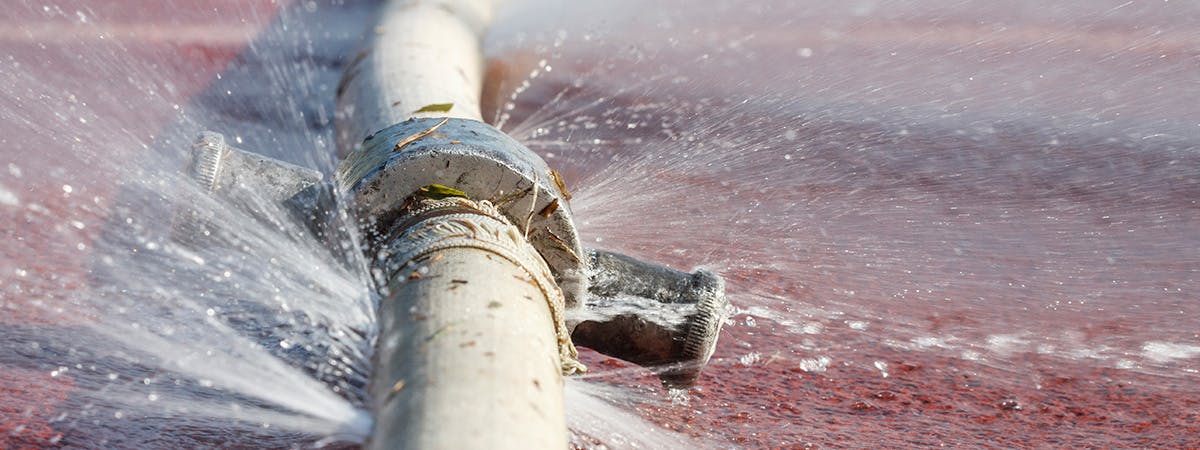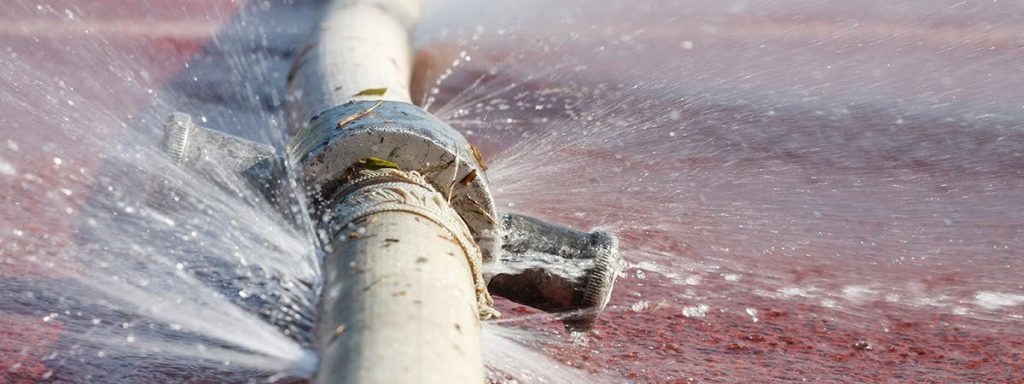According to a report measuring water governance in cities, the main cause of water wastage in urban areas is poor infrastructure. The water industry of the future will need to be smart and resource-efficient, and the current water industry is characterised by a lack of adoption of ICT solutions across the board.

Researchers
Research background
The analogue nature of urban water infrastructure doesn’t support the capacity for real-time updates and the fragmentation of the sector has resulted in mixed adoption of IT technologies. The lack of a live system means water leakage and supply/demand issues are not dealt with efficiently, resulting in a loss of important resources or a drop in service.
Academics from Birmingham City University are working with United Utility, a UK-based water company, and Greek technology firm, Singular Logic, to develop a solution. The IoT4Win project utilises smart sensors, Internet of Things, big data and AI technologies to solve several water use challenges, including providing real-time updates on the quality, quantity and demand for water in urban areas.
Research aims
Using array of smart technology sensors to provide real-time updates on the quality, quantity and demand for water, the project will monitor the pipe network across a section of United Utility’s jurisdiction. This will enable daily operations to be better coordinated and water losses to be identified more rapidly, ultimately resulting in water saving and increased overall efficiency. By using smart metering and providing a complete analysis of water use and misuse across urban areas, there is also the potential to find new ways to provide accessible and affordable water to services users.
Research methods
The IoT4Win project team is working closely with United Utility and other stakeholders to test and evaluate the reality of a smart sensor network in an IoT-enabled environment. Currently, utility companies still have doubts about the use of ICT/ IoT in the industry, making the IoT4Win project a test case for future smart water system developments. The project aim is to develop an open, secure and resilient platform that can work in the IoT environment and in conjunction with current infrastructure. This incorporates developing sensors and control systems that can support a water monitoring solution and share and with current, industry-standard equipment for decision making support.
Results so far




